Virtual event to be held April 3-5, 2023
The discipline-based education research (DBER) community at the University of Nebraska-Lincoln (UNL) will host its second X-DBER conference to discuss how theories, methods, and application of education research cross disciplinary boundaries. We plan to hold the second X-DBER Conference as a fully virtual meeting on April 3-5, 2023. The conference is hosted in the Central Time Zone.
The goal of this conference is to bring together DBER researchers from across disciplines (e.g., biology, chemistry, engineering, geoscience, math, physics) to learn about ongoing research and develop future directions. Conference session themes in 2023 are: educational tools and interventions; learning and cognition; diversity, equity, inclusion, justice and belonging; interdisciplinary research frontiers; and discipline-based education research methods.
Registration
We use the SciMath Portal for registration. Registration is now closed.
$40 for General | $20 for Students and Postdocs | Scholarship Request Available
Registration closed March 29, 2023, at 5 p.m. CT
The conference opens with a welcome address, followed by five themed sessions led by featured speakers:
Opening Keynote
Nicole LaDue, Ph.D.
Northern Illinois University
Earth and Atmospheric Sciences
Diversity, Equity, Inclusion, Justice, and Belonging
Tatiane Russo-Tait, Ph.D.
University of Georgia
Cellular Biology
Educational Tools and Interventions
Mariana Silva, Ph.D.
University of Illinois Urbana-Champaign
Computer Science
Interdisciplinary Research Frontiers
Carina Rebello
Toronto Metropolitan University
Physics
Learning and Cognition
Rachel Rupnow, Ph.D.
Northern Illinois University
Mathematical Sciences
Discipline-Based Research Methods
Field Watts, Ph.D.
University of Wisconsin-Milwaukee
Chemistry and Biochemistry
The conference opens with a speaker and a virtual poster session. Nicole LaDue of Northern Illinois University will kick off the conference, as interdisciplinarity is a hallmark of DBER and an important attribute of LaDue’s research is on spatial thinking in the geosciences. Each session theme has a featured speaker, followed by concurrent talks and daily small group discussions, which allow participants to further engage with the session themes. The concurrent talks give insights into other work being done in the field, and the subsequent discussions provide a venue for participants to consider cross-cutting findings and future directions. Altogether, the conference provides a timely venue for the DBER community to consider how cross-disciplinary research can address critical questions in STEM education.
The conference allows researchers and practitioners from around the globe to identify synergies in theoretical and research approaches across disciplines to help the diverse communities solve novel problems and translate research into classroom practices. This virtual setting allows researchers across all ranks (e.g., graduate students, postdocs, faculty, other researchers) to present their work to a global audience and helps connect these researchers to broader communities and research projects.
The X-DBER 2021 conference was held in March 2021. More than 550 people registered to attend the X-DBER 2021 conference; participants came from 11 countries and 41 states in the U.S.
Featured Speakers and Recordings
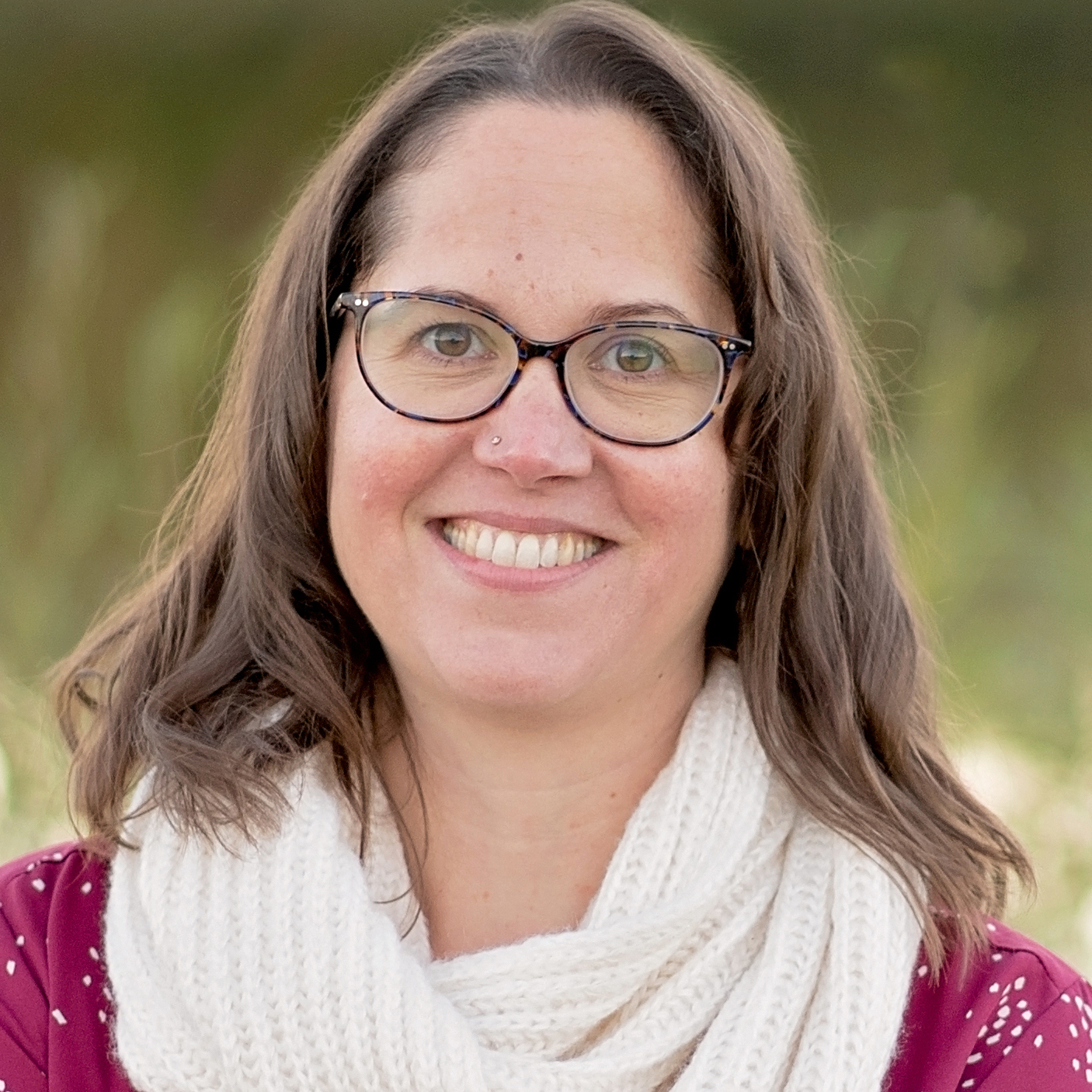
Nicole LaDue, Ph.D. Recording
Department of Earth, Atmosphere and Environment, Northern Illinois University
Dr. LaDue’s research leverages methods and theory from cognitive and educational psychology to solve problems in geoscience and STEM education. Interdisciplinarity is a hallmark of discipline-based research and an important attribute of Dr. LaDue’s research is on spatial thinking in the geosciences. Recent work on the theoretical underpinnings of active learning in STEM and in GER are examples demonstrating the benefits of collaboration between DBER and non-DBER researchers. Collaboration beyond our traditional borders can accelerate our findings and build capacity for new research.
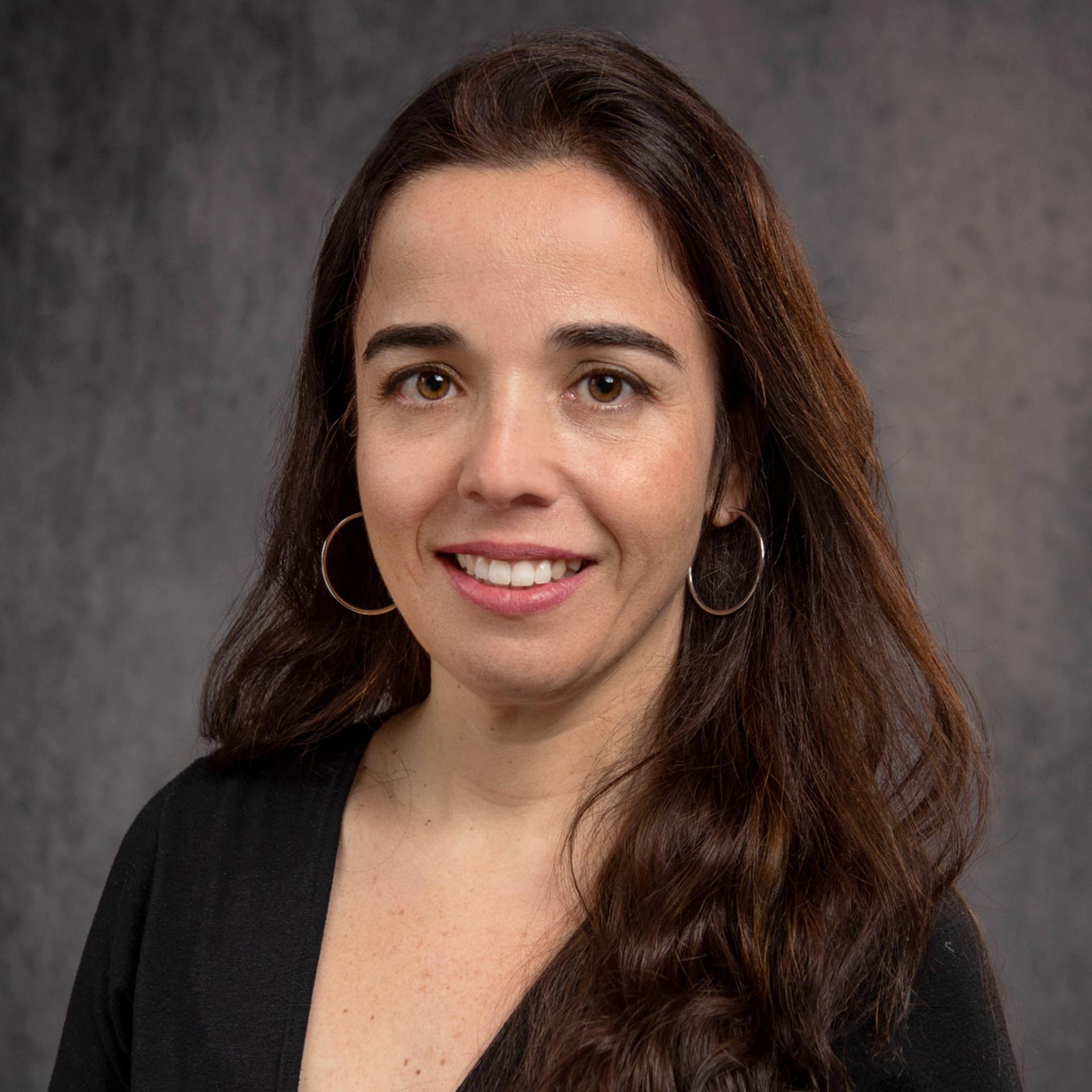
Mariana Silva, Ph.D. Recording
Department of Computer Science, University of Illinois Urbana-Champaign
Dr. Silva is known for her teaching innovations and her research in large-scale computer-based assessments and collaborative learning in STEM university courses, with extensive experience in course development for engineering, computer science, and mathematics. She is currently the PI for the NSF IUSE grant, “Enhancing equity and access via digitally-mediated collaborative learning experiences,” which aims to explore the interconnections between online learning, equity, and access. Silva is passionate about teaching and improving the classroom experience for both students and instructors.
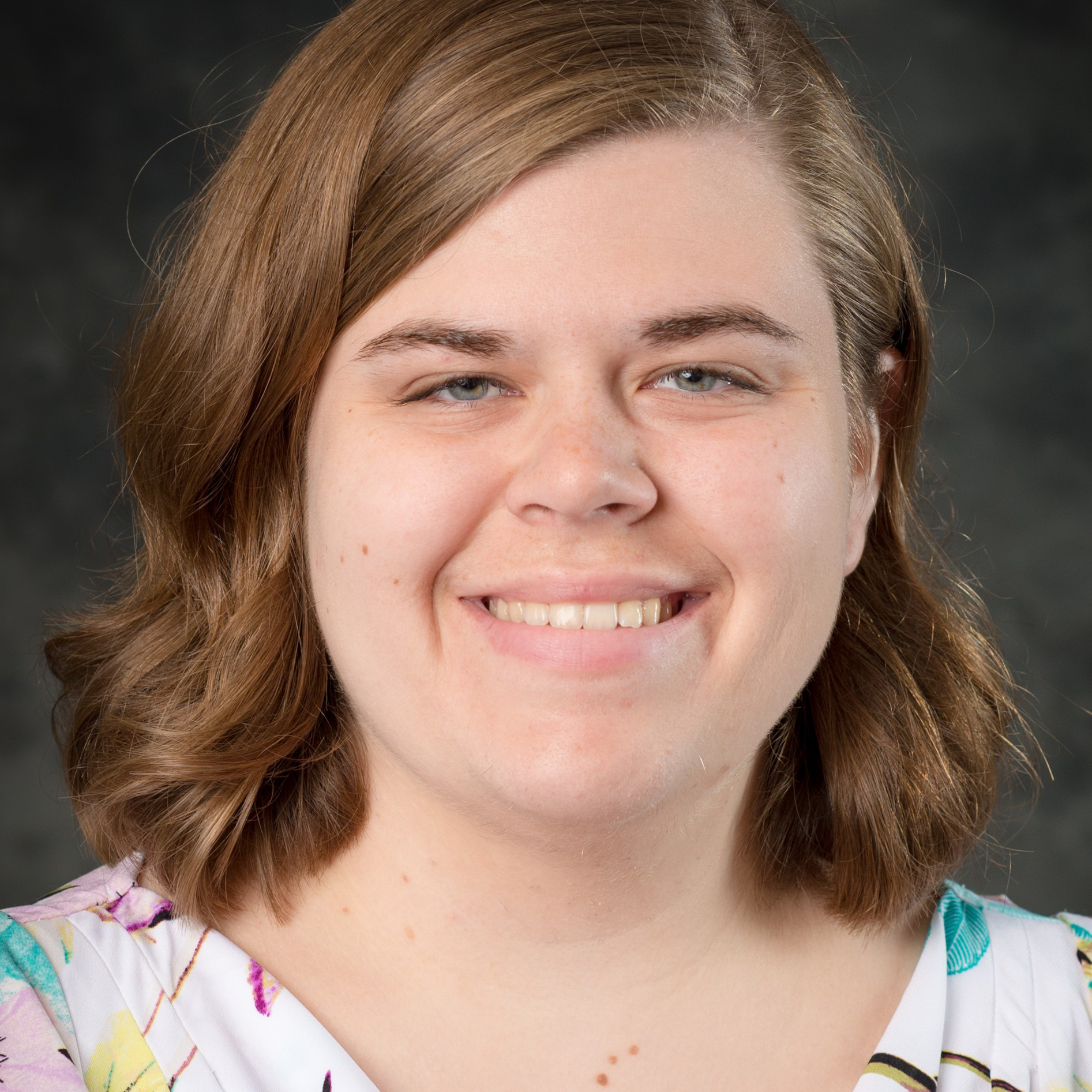
Rachel Rupnow, Ph.D. Recording
Department of Mathematical Sciences, Northern Illinois University
Dr. Rupnow investigates connections across contexts related to the teaching and learning of undergraduate mathematics. This includes examinations of mathematicians’ homework assigning practices, conceptual understandings of content in proof-based courses, and relationships between beliefs and instruction across STEM disciplines. Recently, she has focused on what “mathematical sameness” means to faculty and students, with a goal of increasing conceptual coherency across mathematics and of creating robust connections between mathematics content and applications to science and engineering.
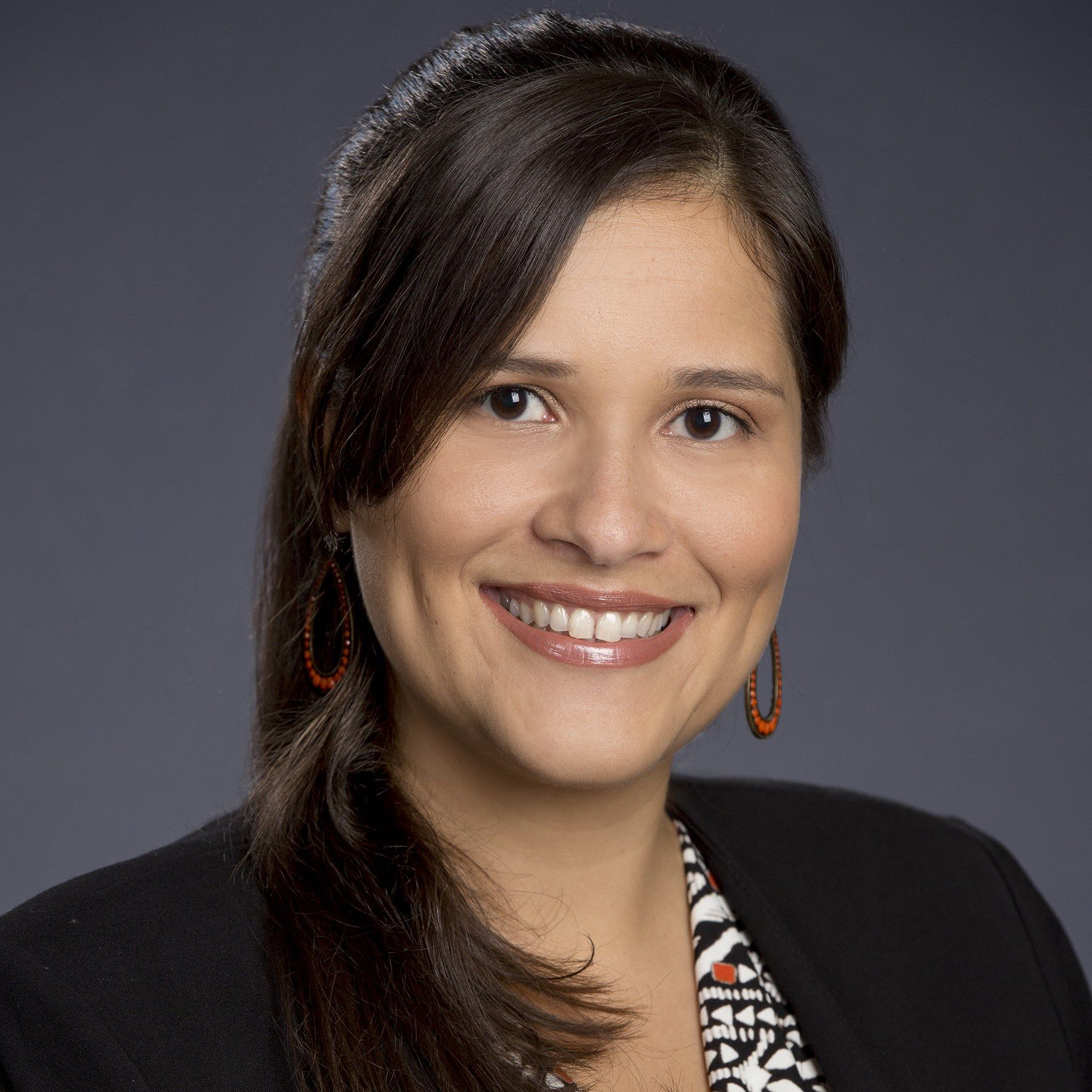
Tatiane Russo-Tait, Ph.D. Recording
Cellular Biology, University of Georgia
Dr. Russo-Tait investigates components of college STEM learning environments and culture to understand how to best promote equity and justice in STEM education. Her current research focuses on the equity-related beliefs and practices of college science instructors, and the experiences and perspectives of students from minoritized backgrounds in college science classrooms.
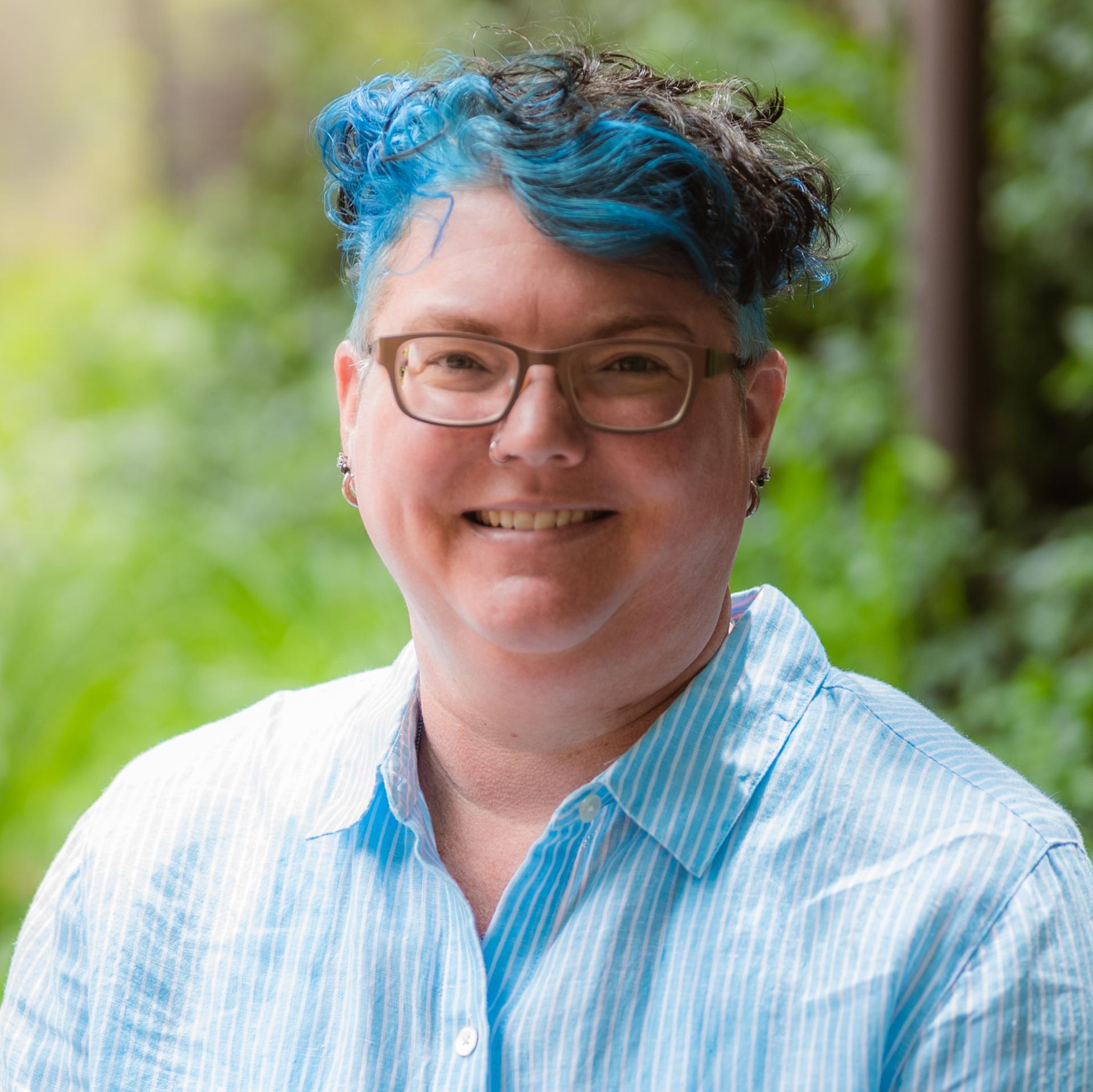
Carina Rebello, Ph.D. Recording
Department of Physics, Toronto Metropolitan University
Dr. Rebello specializes in science education and physics education research. Her work takes an interdisciplinary approach to the study of teaching and learning. Her research draws on research in other fields, such as the learning sciences, psychology, cognitive science, and the use of technology in physics education, to study the dynamics of learning and to develop models of how physics students think. She applies these models to tackle a broad range of issues related to physics education, with a strong focus on transfer of learning to unique contexts, evidence-based reasoning, scientific argumentation, design thinking, computational thinking, and problem-solving.
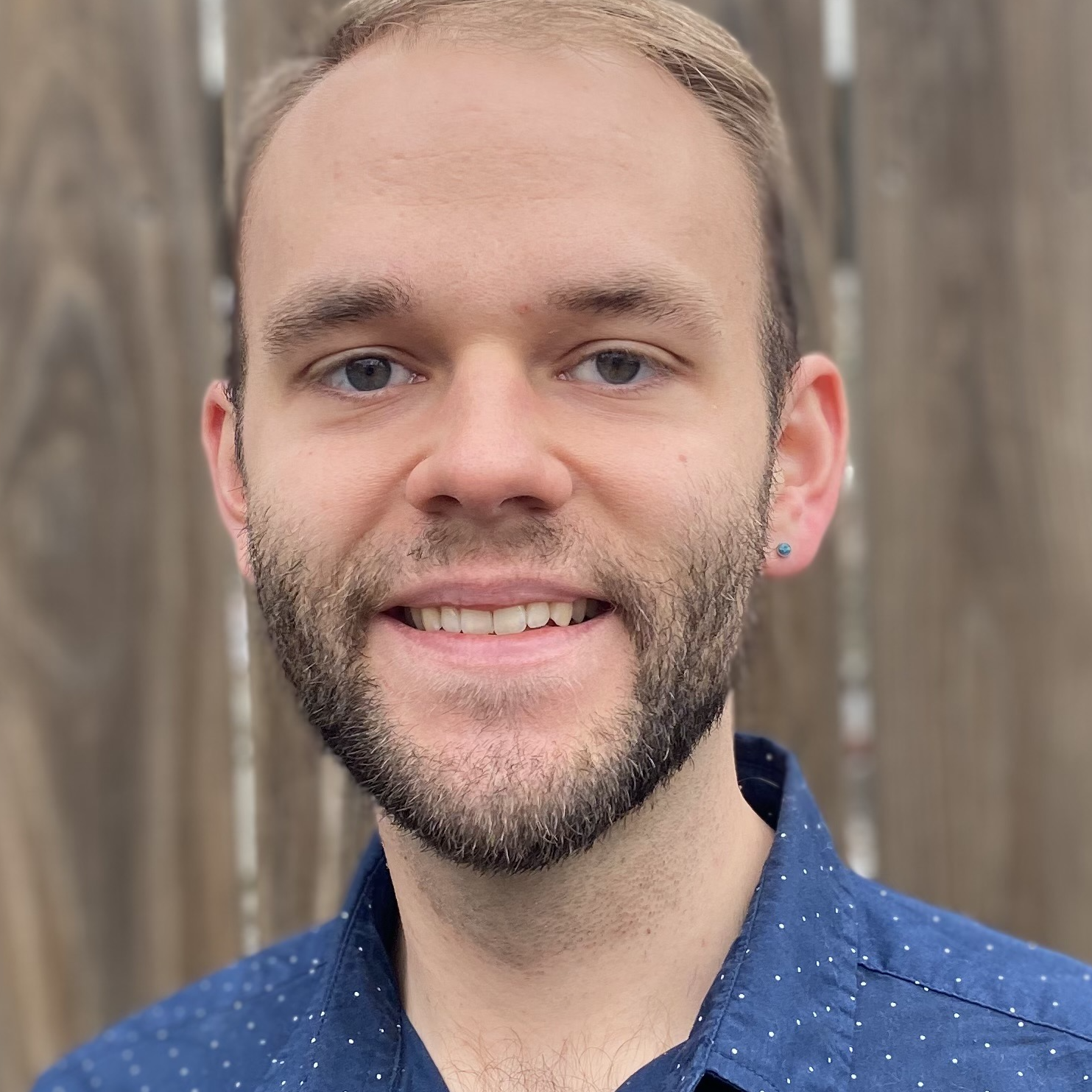
Field Watts, Ph.D. Recording
Department of Chemistry & Biochemistry, University of Wisconsin-Milwaukee
Dr. Watts conducts research investigating instructional approaches to elicit and support student reasoning, with a specific focus on writing tasks in chemistry courses. His research explores the application of machine learning and automated text analysis to deliver automated feedback to students and instructors. Dr. Watts’ goal is to characterize high-impact instructional practices and develop strategies to support their use in the classroom.
Meet the planning committees
UNL Organizing Committee: Brian Couch (Biological Sciences), Joe Dauer (Natural Resources), Tomas Helikar (Biochemistry), Alena Moon (Chemistry), Grace Panther (Engineering), with support from UNL Center for Science, Mathematics, and Computer Education: Lindsay Augustyn, Mike Bergland-Riese, Debra Klimes
In addition to our organizing committee at Nebraska, seven individuals from the broader STEM education research community have joined us to form a scientific Content Committee. This committee will propose and develop session themes, facilitate presenter selection, and moderate conference sessions.
- Pamela Auburn (Chemistry, Lone Star College)
- Stephanie Gardner (Biological Sciences, Purdue University)
- Melinda Lanius (Math and Statistics, Auburn University)
- Laura Lukes (Earth, Ocean and Atmospheric Sciences, University of British Columbia)
- Jason Morphew (Engineering, Purdue University)
- Johnny Rodriguez (Chemistry and Biochemistry, University of Wisconsin-Milwaukee)
- Patricia Soto (Physics, Creighton University)